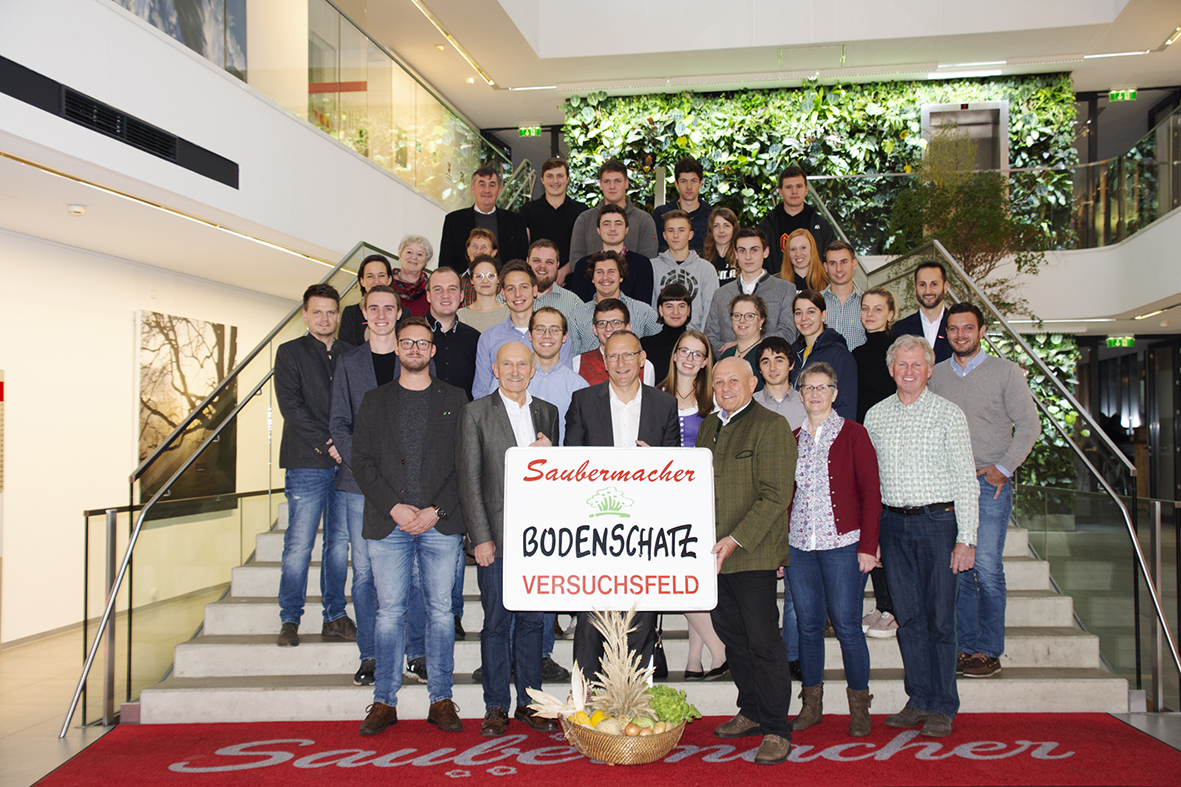More humus, more phosphate and less nitrate. improved by 0.1 to 0.3 percent when fertilized with sewage sludge and organic compost compared to NPK fertilizer 1 The heavy metal contents have only changed slightly compared to manure compost or NPK. In addition, the nitrate levels were significantly reduced. When fertilized with sewage sludge and organic compost, they were 10 to 20 mg/l water. For comparison: values of just over 50 mg/l water were measured at NPK. Also positive: fertilization with sewage sludge and organic compost resulted in a significant increase in agricultural yields. “If used correctly, sewage sludge and organic composts of good to very good quality can improve the soil, keep drinking water free of nitrates, increase yields and ingredients and do not bring about a significant increase in heavy metal content in the soil and products,” said the “Circular Economy” project group happily “ the HBLFA Raumberg-Gumpenstein and BOKU-Wien. “The careful integration of sewage sludge and organic compost of proven quality into a closed cycle is desirable and also necessary in the interests of sustainable agriculture,” explained Gerhard Ziehberger, member of the Saubermacher board.
 Field trials on 28 crops. For the research project, precise field trials in crop rotations and in a silage maize monoculture have been carried out in Bärnbach since 1994. Comparative sewage sludge and organic compost were used for fertilization in all 28 crops in order to investigate the effects of biomass, nutrients and heavy metals on the soil, water and harvested products. The results of 25 years of research were presented on November 12, 2019 as part of the presentation of the bachelor's and master's theses by BOKU Vienna students in the Saubermacher Ecoport.
Field trials on 28 crops. For the research project, precise field trials in crop rotations and in a silage maize monoculture have been carried out in Bärnbach since 1994. Comparative sewage sludge and organic compost were used for fertilization in all 28 crops in order to investigate the effects of biomass, nutrients and heavy metals on the soil, water and harvested products. The results of 25 years of research were presented on November 12, 2019 as part of the presentation of the bachelor's and master's theses by BOKU Vienna students in the Saubermacher Ecoport.
For environmental and climate-relevant reasons, “human waste” should also be brought back into the cycle as much as possible. In the long term, we have to bring the nutrients and also the valuable biomass back into the cycle.
1Fertilizers that contain nitrogen (N), phosphate (P) and potassium (K) – the core nutrient elements







